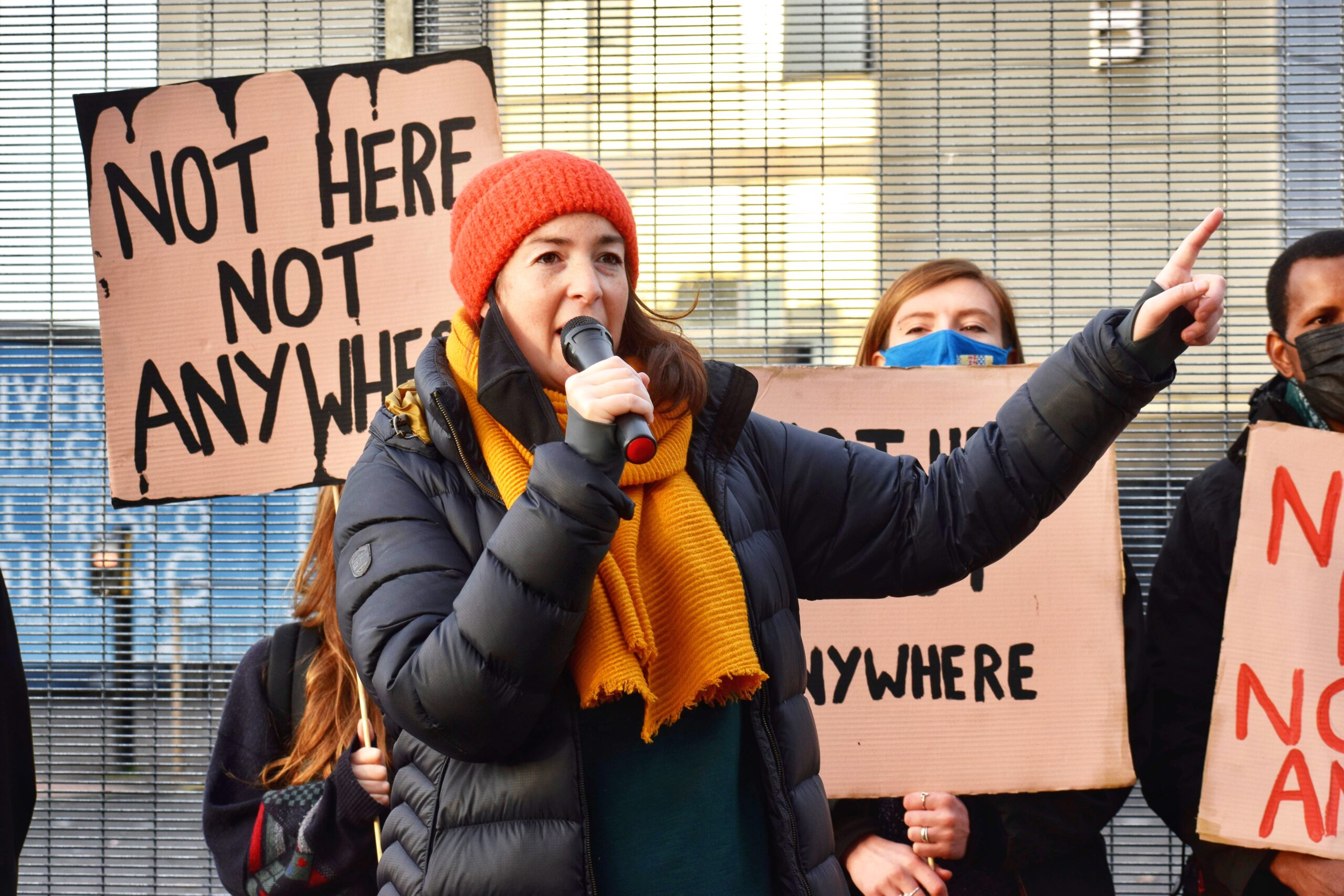
Let’s reinvest Scottish pension funds in communities
Last weekend I had a stand at ‘Idea Space’, a political festival run by Common Weal to share progressive ideas for how Scotland can prosper, become more equal, and be a good global citizen. Timed to take place alongside the SNP conference, thousands of folk came along to fill their heads with practical proposals for change.

Some ideas were audacious, bold, aimed at big global problems of which Scotland is just one part. Plans for radical land reform, a National Investment Bank and a Basic Income for all citizens were all presented and pored over. Plenty of the ideas were also for right now – things that government can do right away with existing powers.
I was promoting one idea that both makes an impact on a global problem, and makes a clear difference at home in Scotland: reinvestment.
Councils run the largest public pension scheme in Scotland, and this money could be put to better use and deliver greater benefits to the wider community.
Research published last year showed that £1.7 billion of council pension investments were in stocks and shares of oil, gas and coal companies that are driving climate change.
Climate science tells us that to honour international agreements and keep global temperature rises under 2 degrees at least 80% of known fossil fuel reserves cannot be burned. That means these companies – which councils are heavily invested in – can only keep their value if they burn all the fuel they’ve got on their books, leaving our planet as toast.
It is therefore right that we plan for an alternative –these companies value will fall as soon as investors realise that their business model (and not the planet) is doomed. Governor of the Bank of England Mark Carney has warned about this ‘carbon bubble’, calling for financial services to act now to protect the economy and address the huge disconnect between the financial sector and our efforts to tackle climate change.
Half a million Scots are members of council pension schemes. By continuing to invest in fossil fuels, councils are gambling on an industry whose days are numbered. This may help pay pensions in the very short-term. But in the long run funds need to divest from fossil fuels to protect themselves from risk and to promote the wider action on climate change that’s needed to protect the future health of our economy.
In places councils have shown that this money could be invested in a better way. Falkirk Council’s pension fund has invested in social housing, funding 300 new homes in the Forth Valley. Social housing is dependable, very low-risk and long-term: exactly the sort of thing pension funds should be invested in. With 335,000 households on council housing waiting lists this also addresses an urgent need. The £1.7 billion currently in fossil fuels could build a lot of homes.
The Strathclyde Pension Fund, Scotland’s largest, have invested in renewable energy schemes. Despite the winding down of subsidies, well planned solar and wind schemes still make solid returns, and wouldn’t it be better if these profits were staying in the local community rather than captured by big energy companies? With jobs being lost in the North Sea £1.7 billion would go a long way to drive more renewable innovation and ensure that pension holders are getting some of the income from our historic shift to clean power.
Divesting from fossil fuels could unlock the resources to be reinvested in things that would make a real benefit to local communities.
Globally, 629 institutions valued at US$3.4 trillion have made a commitment to divest from fossil fuels. This includes the Church of Scotland, University of Glasgow, the City of Seattle and the Rockefeller Fund. A handful of UK councils including South Yorkshire and London’s Waltham Forest are already following suit.
These investors are all securing their future by going fossil free and reinvesting in useful, local infrastructure: Scottish councils need to catch up.

In the lead-up to the 2017 elections the ‘Reinvest Scotland’ campaign is bringing this challenge to councils: that now more than ever, in a time of council cuts and straining public services, there is no excuse for risking public funds and at the same time passing up significant investment that could be helping local communities prosper.
To join the campaign and change the way Scottish Councils invest visit http://reinvest.scot/join/
Ric Lander is finance campaigner at Friends of the Earth Scotland
A version of this article originally appeared in The Scotsman on Tuesday 25th Oct 2016
